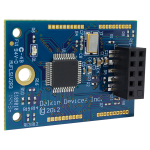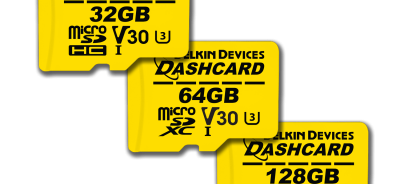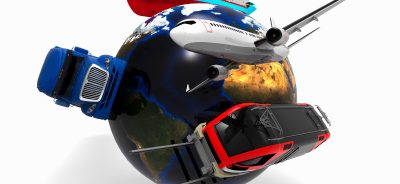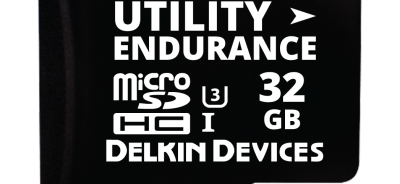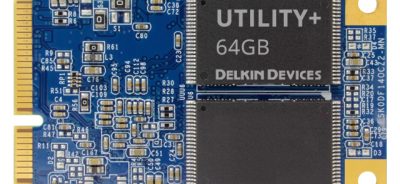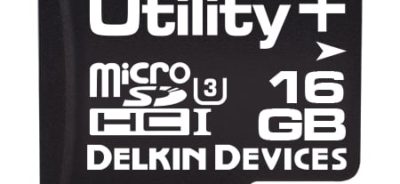FAQs and Answers about eUSB Specifications
Embedded USB—or eUSB—solid state drives have proven themselves to be a reliable workhorse across multiple sectors. This device is capable of meeting the high demands of the military, marine navigation, aerospace, and automotive industries. Since the USB interface is widely supported, it’s an ideal choice when technical engineers are looking for an easily integrated, yet rugged storage solution. Here are the answers to some of the common questions asked about eUSB specifications.
What data transfer speeds does the eUSB support?
Data transfer rates are a critical consideration when selecting a storage solution. eUSB boasts excellent data transfer performance, with a sequential read speed of up to 35 MB/second and a sequential write speed of up to 25 MB/second.
How durable is the eUSB?
This storage solution is built for maximum durability. It boasts a mean time between failures (MTBF) of 5,000,000 hours, tested at 25 degrees C. This is the equivalent of just over 570 years. However, just as specified gas mileage listed for a vehicle can vary in actual use, technical engineers should bear in mind that MTBF calculations are estimates. Actual use environments can vary from different testing environments. Dust, humidity levels, power surges, and vibrations are all factors that can affect the longevity of an industrial grade eUSB. That’s why this particular drive is designed to be as rugged as possible and to withstand the rigorous environments of industrial settings. Shock and vibration resistance are standard.
What specific environments has the eUSB been tested for?
This embedded storage system has been rigorously tested for its ability to function at various levels of:
- Temperature
- Humidity
- Vibration
- Shock
- Altitude
The temperature range for the eUSB in its operating state is 0 degrees C to 70 degrees C. In its non-operating state, the range is -40 degrees C to 85 degrees C. The eUSB SSD also demonstrates versatility in withstanding fluctuating humidity levels, with an operating and dormant value of 8% to 95%, non-condensing. The operating and non-operating value for vibration is 15G peak-to-peak maximum, and for shock, it is 2,000G maximum. The eUSB has also been proven capable of withstanding altitudes of up to 80,000 feet in its operating and dormant states.
Delkin is a leader in flash storage solutions capable of exceeding expectations in rugged environments. Our 100% USA-designed and built products are customizable to meet the needs of technical engineers across multiple industries. Discover the Delkin difference for yourself. We welcome questions about our eUSB and other storage solutions.
 Login
Login Register
Register


